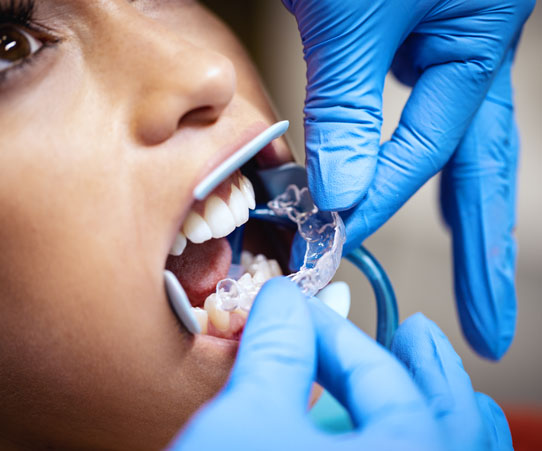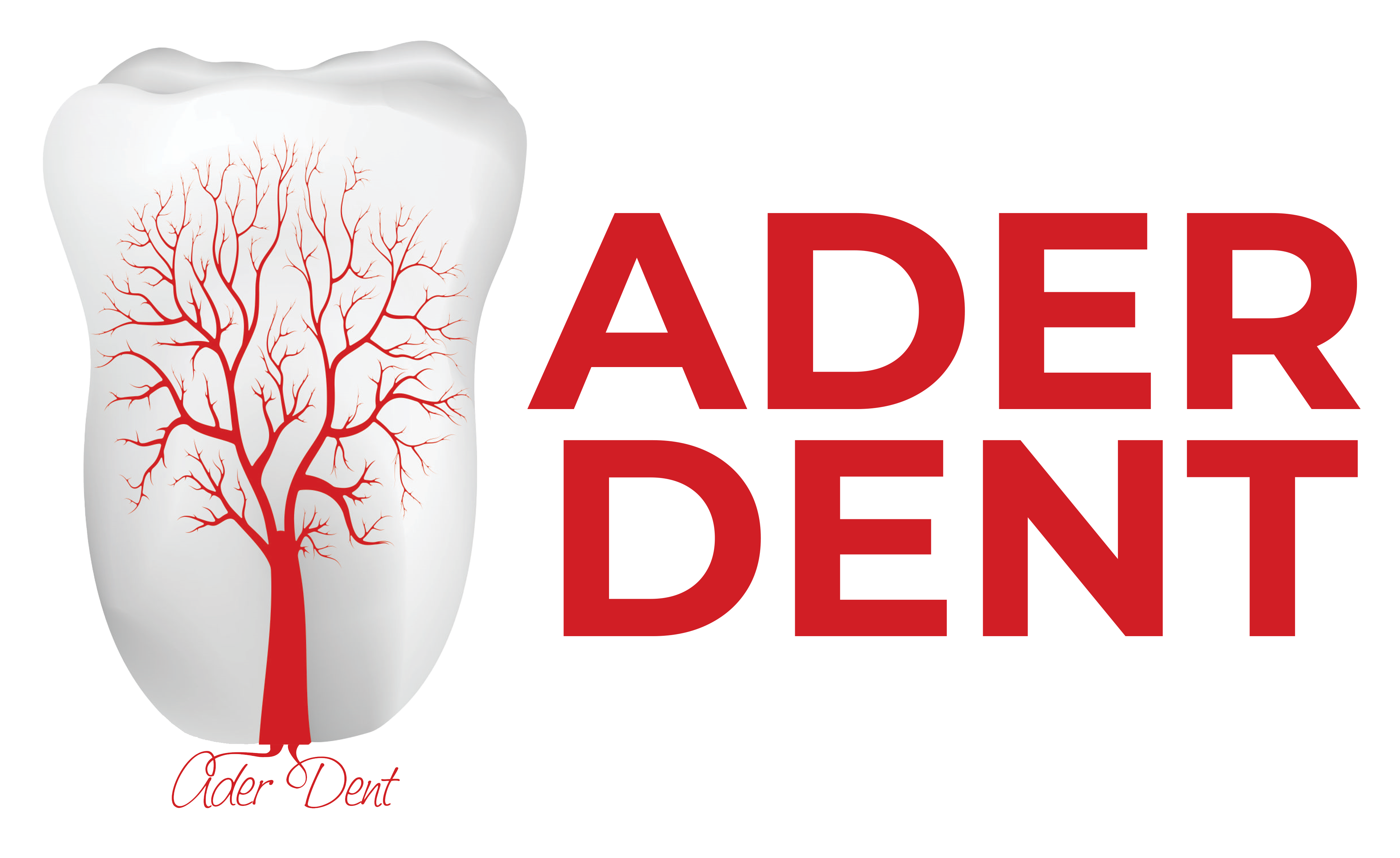Bruxism is the involuntary clenching or grinding of teeth. This condition usually occurs during sleep, and most people are unaware that they are doing it. This non-functional habit can negatively affect the temporomandibular joint (TMJ), dental structures, and surrounding soft tissues. Whether it happens during sleep or stressful moments throughout the day, bruxism is one of the most common dental problems in modern times.
What Causes Teeth Grinding?
Teeth grinding, also known as bruxism, is the involuntary clenching or grinding of teeth, often occurring without the individual’s awareness. It typically happens during sleep but can also occur during the day in moments of stress or intense concentration. Prolonged bruxism can lead to tooth wear and fractures, jaw and facial muscle pain, headaches, and increased tooth sensitivity. In advanced cases, complications such as temporomandibular joint (TMJ) disorders and restricted jaw movement may develop.
The most common causes of bruxism include stress, anxiety, irregular sleep patterns, and misaligned teeth. In some cases, certain medications or underlying health conditions may also trigger the condition.
Treatment usually involves the use of a night guard recommended by your dentist. Night guards protect teeth from damage during sleep and help relax the jaw muscles. Additionally, stress management, relaxation techniques, and regular sleep habits make controlling bruxism more effective.
Why Does Teeth Grinding (Bruxism) Occur?
Teeth grinding (bruxism) generally arises due to stress and anxiety, sleep disturbances, fatigue, and misaligned teeth. Missing, broken, or improperly aligned teeth can cause involuntary jaw muscle contractions, triggering clenching. In some cases, medications or physical factors may also contribute to bruxism.
What Are the Symptoms of Teeth Grinding?
Over time, bruxism can cause damage to oral structures and lead to general health problems. The most common symptoms include:
Jaw and Facial Symptoms
- Tightness, spasms, and pain in the jaw muscles
- Clicking, popping, or locking sensations in the jaw joint
- Waking up with fatigue and headaches
- Chronic pain on one side of the face
- A feeling of pressure or pain around the ears
Dental and Gum Symptoms
- Wear, flattening, or cracking of tooth enamel
- Fractures in fillings or prostheses
- Increased tooth sensitivity, especially to cold
- Tooth mobility and spacing
- Gum recession and notching near the gum line
- Fibrous lines inside the cheeks and frequent cheek biting
Sleep-Related Symptoms
- Grinding noises noticed by a partner or family member
- Waking up with jaw pain
- Decreased sleep quality
What Are the Long-Term Effects of Teeth Grinding?
If left untreated, bruxism can lead to permanent damage to oral structures and significantly decrease quality of life.
- Increased risk of tooth decay due to enamel erosion
- Tooth loss and the need for dental prosthetics
- Permanent structural damage to the jaw joint
- Facial asymmetry and aesthetic issues
- Jaw muscle hypertrophy over time
How Is Teeth Grinding Diagnosed?
Bruxism is diagnosed based on the patient's complaints and polyclinic examination. The dentist evaluates typical wear patterns on tooth surfaces and tightness in the jaw muscles. When necessary, imaging of the jaw joint (panoramic X-ray, MRI) may be used to support diagnosis. In cases of sleep-related bruxism, a polysomnography (sleep study) may be required for confirmation.
Treatment of Teeth Grinding
The most common treatment for bruxism is the use of a night guard. Night guards protect teeth during sleep and help relax jaw muscles. Treatment plans may also include stress management, relaxation techniques, and establishing regular sleep habits. Dentists can identify alignment issues and may recommend orthodontic treatment if necessary. In some cases, medication or physical therapy may be used to control bruxism. Early intervention is crucial to protect both teeth and jaw muscles in the long term.

Treatment Methods for Bruxism
The treatment of teeth grinding (bruxism) is tailored to the individual based on the underlying causes. The goal is to both prevent further damage and alleviate existing symptoms. One of the most common treatment options is the use of a night guard (splint).
In cases where bruxism is stress-related, psychological support, relaxation exercises, and psychiatric consultation—if necessary—are recommended. Additionally, orthodontic or prosthetic adjustments may play an important role in treating local issues such as bite misalignment or poorly fitted dental prostheses.


 TR
TR







